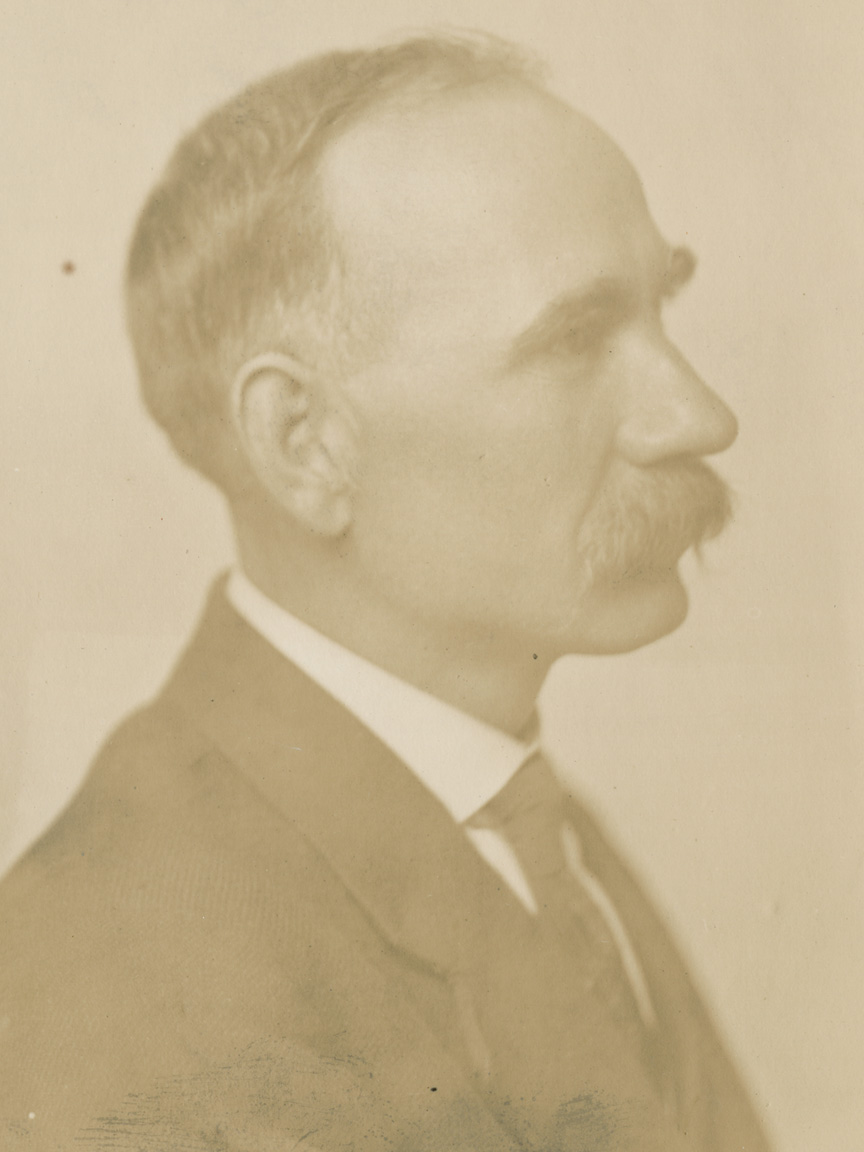Labour's Champion
Though born and raised overseas, James Bryson McLachlan became a dynamic Cape Bretoner and a legend in the Canadian labour movement. He grew up in a family of cotton weavers and farm labourers in Scotland and as a lad had to go to work underground. Later in life, McLachlan recalled: “I went to school until I was ten, then I went to work in the mine.” Though he never received much formal education, J. B. McLachlan read widely and was a student of the world.
His mother gave him a background in evangelical religion that strongly influenced his outlook and values. Upon his tombstone in Glace Bay would be engraved words from the Old Testament: "Open thy mouth, judge righteously, and plead the cause of the poor and needy." The chosen proverb succinctly summed up McLachlan's life.
On Cape Breton Island, McLachlan saw the need for collectivist action to tackle the dire conditions in which he and other miners worked. Not long after he migrated to Nova Scotia in 1902, he emerged as a labour leader, most notably with District 26 of the United Mine Workers of America. McLachlan's ardent activism led to him being barred from the mines, but that didn't stop him from toiling on behalf of miners. He was instrumental in bringing collective bargaining to the Nova Scotia coal industry during the First World War.
The 1920s saw many bitter strikes in the Cape Breton coal industry. In each one, McLachlan led the miners with strong organizational skills and imaginative tactics. He spent six months in prison for his activity, but after he was released, he was back working for the cause. McLachlan was the editor of the Maritime Labor Herald and then the Nova Scotia Miner. He also got involved in politics — with the Socialist Party, Independent Labour Party and the Communist Party — running six times in provincial and federal elections. Though never elected, J. B. McLachlan garnered lots of votes. More than that, no matter where or when, McLachlan always articulated the perspective of the working poor during what was a difficult era.

